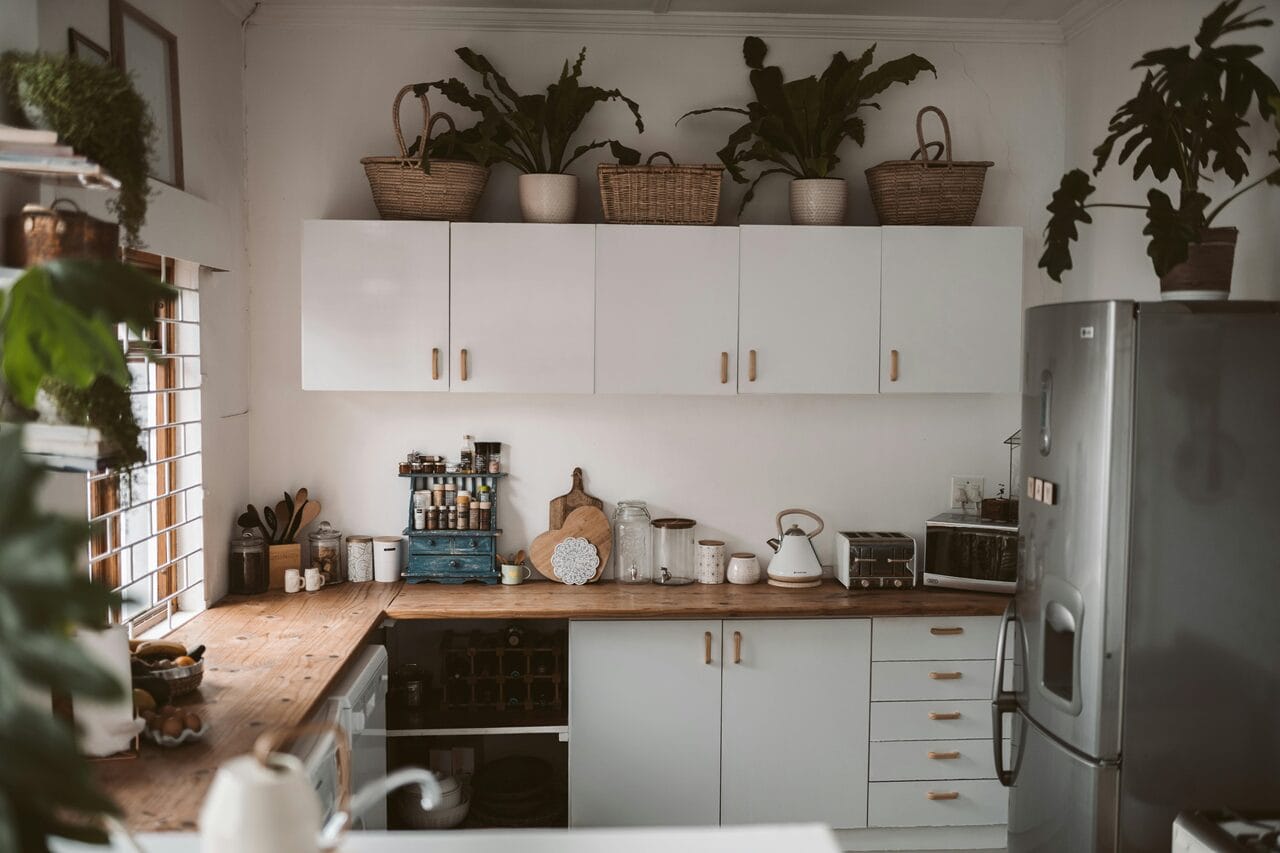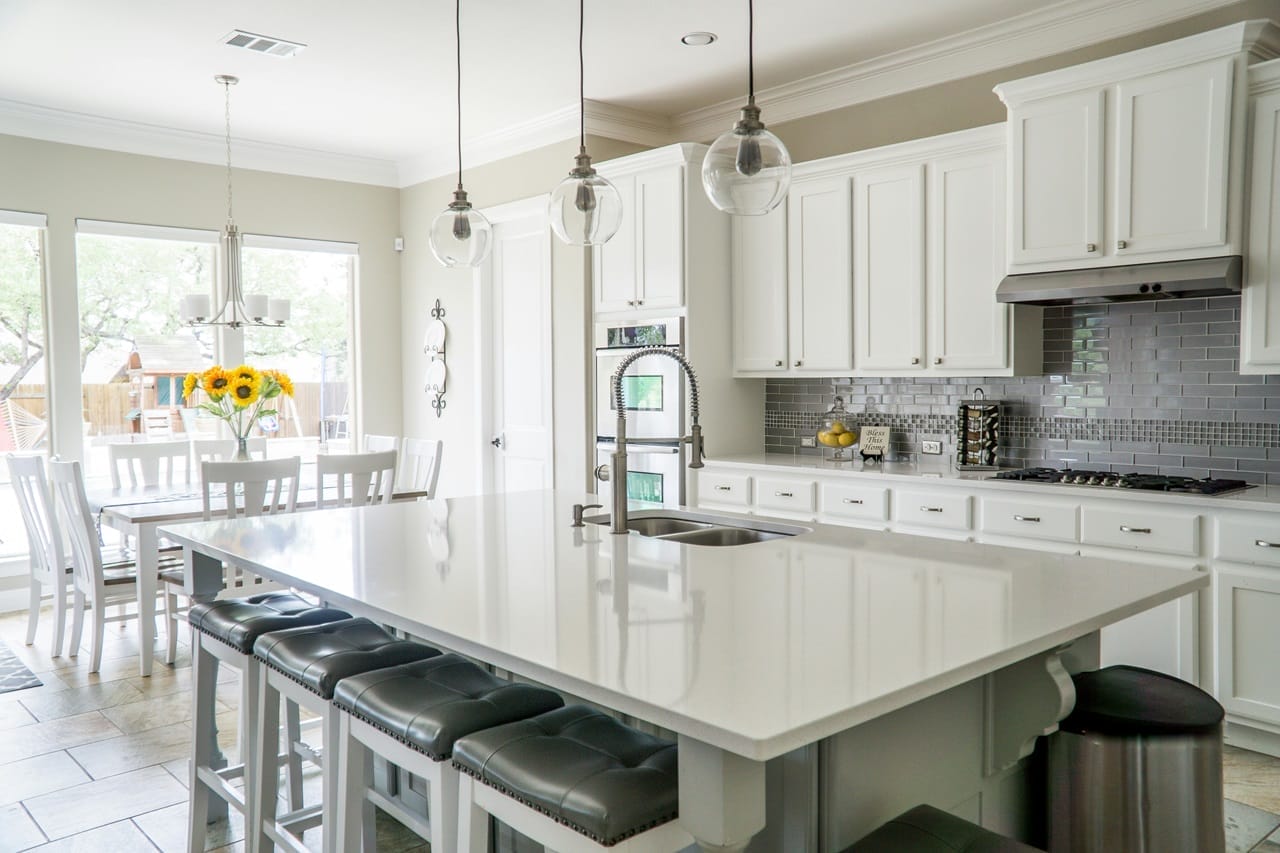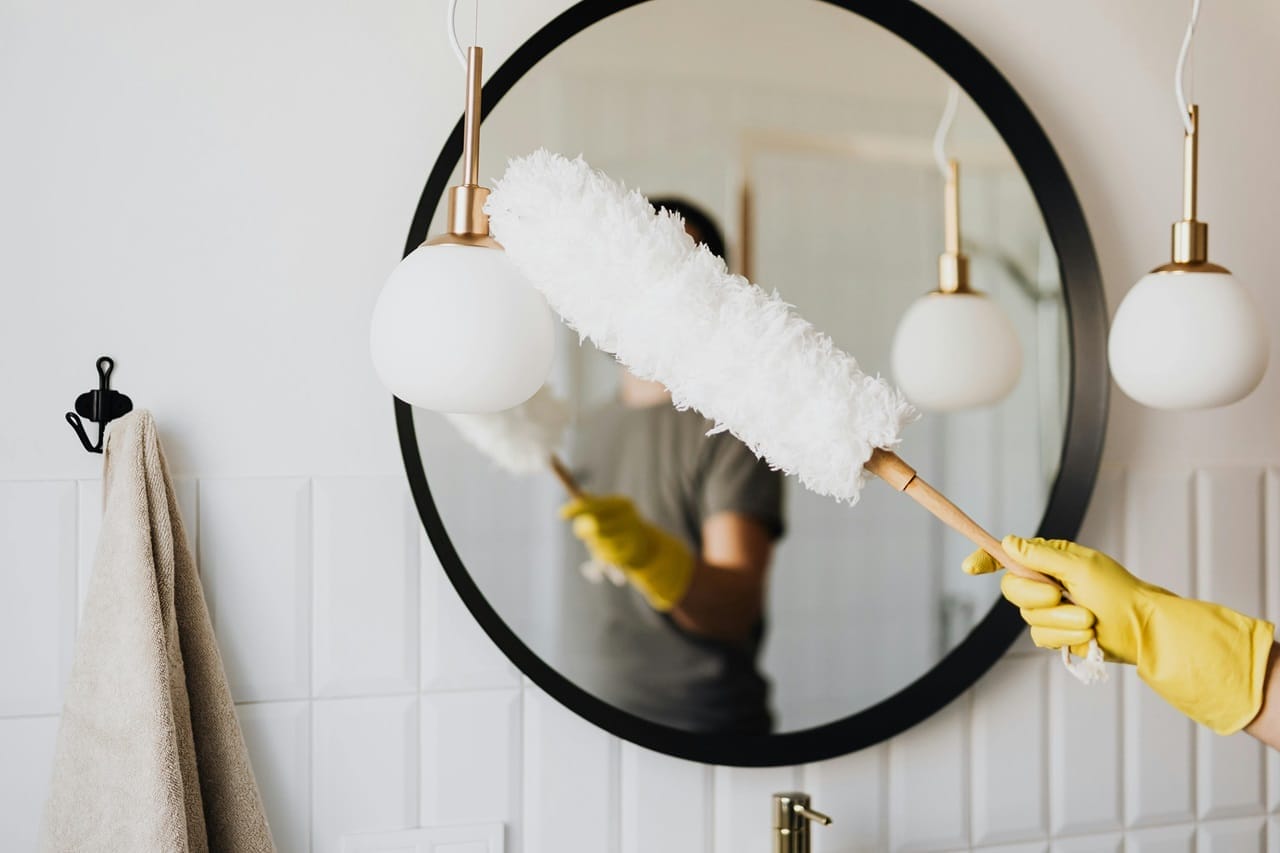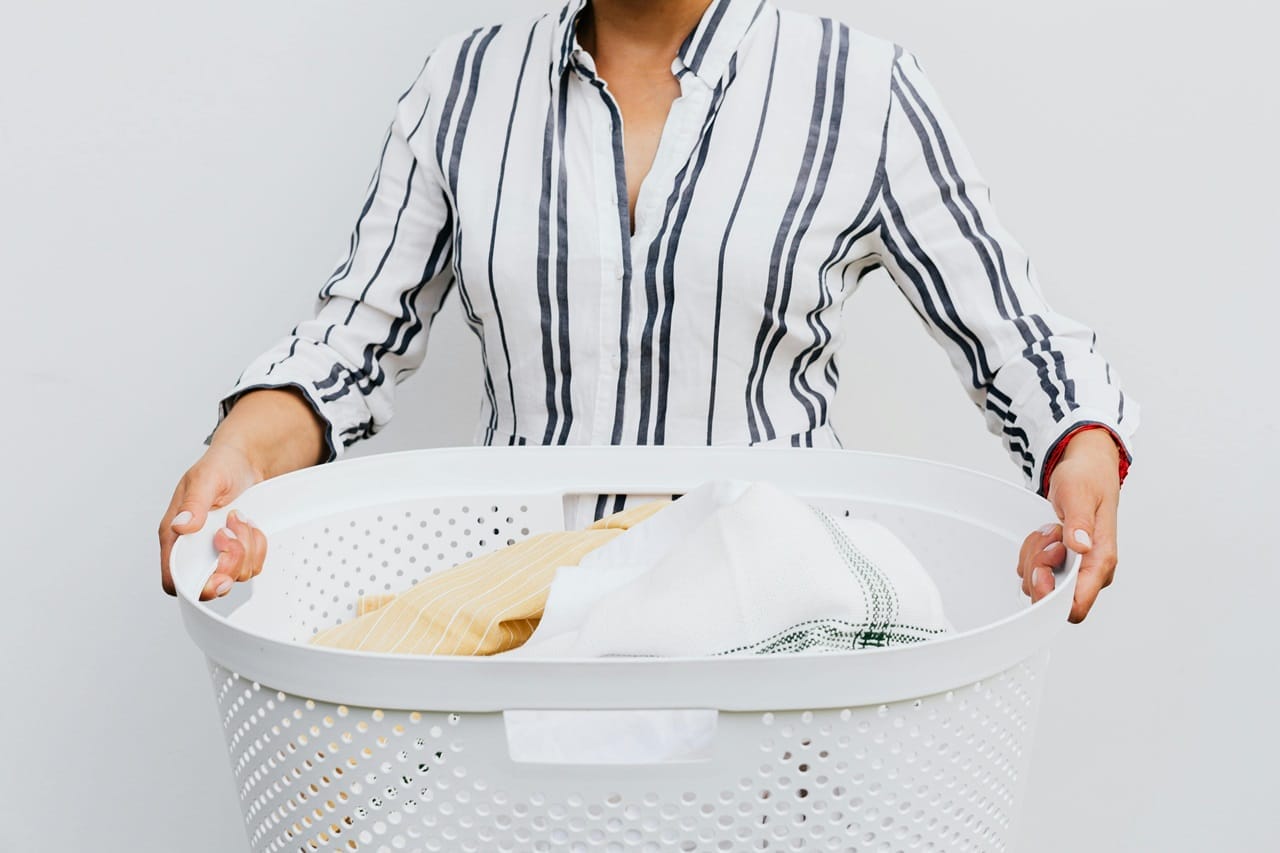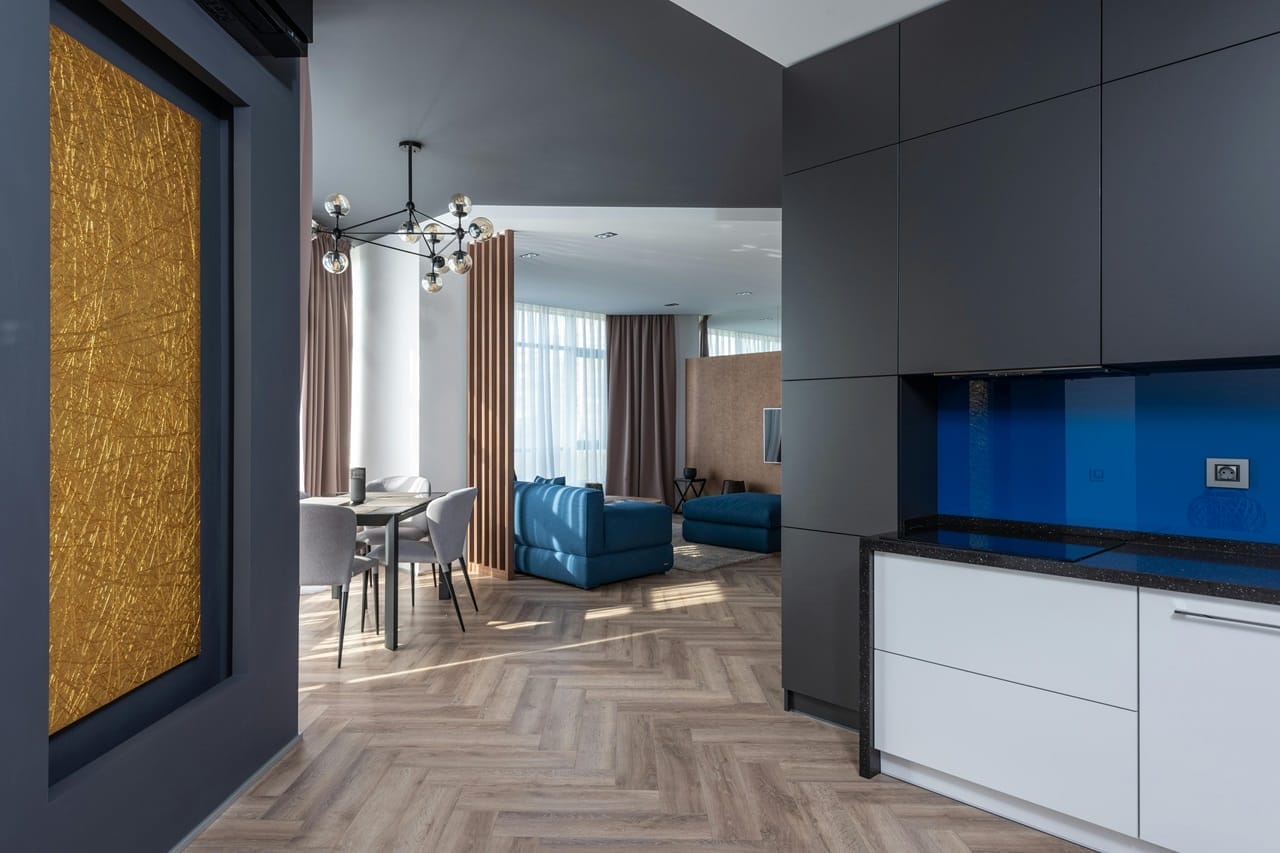Nigeria’s hot season can be unforgiving. With soaring temperatures often reaching well over 40°C in some regions, keeping your home cool becomes a necessity rather than a luxury. The heat can affect your comfort, health, productivity, and even the lifespan of electronic devices and home materials.
Many households resort to expensive cooling methods, but with rising energy costs and unstable power supply, relying solely on air conditioners is not always practical or sustainable. Fortunately, there are a variety of cost-effective, energy-efficient, and eco-friendly ways to beat the heat in your home during Nigeria’s scorching season.
In this article, we explore practical strategies, both traditional and modern, that will help you maintain a cooler, more comfortable indoor environment without breaking the bank.
1. Optimize Your Windows and Curtains
Windows play a crucial role in regulating indoor temperature. During the hottest parts of the day – usually from 11 a.m. to 4 p.m. sunlight streaming through windows can quickly raise indoor heat levels.
What you can do:
- Use blackout curtains or thermal blinds to block out heat and light.
- Keep windows and curtains closed during the day, especially those facing the sun.
- Open windows at night when temperatures drop to allow cross-ventilation.
- Install window films or sun-reflective coatings to reduce heat penetration.
- Add louvered or awning windows that allow air in while keeping sun out.
2. Improve Ventilation and Airflow
Good ventilation is key to maintaining a cooler home. Poor airflow traps heat, making indoor spaces stuffy and uncomfortable.
Recommended actions:
- Open opposite windows or doors to create a cross-breeze.
- Use standing or ceiling fans to circulate air effectively.
- Install ventilated roof systems or attic vents to reduce heat buildup.
- Keep interior doors open to encourage airflow from room to room.
- Consider ventilation bricks (popular in Northern Nigeria) to improve air movement without compromising security.
3. Switch to Energy-Efficient Appliances
Appliances such as refrigerators, televisions, and lighting can generate significant heat. Using energy-efficient alternatives helps reduce indoor warmth and lowers electricity consumption.
Tips:
- Replace incandescent bulbs with LED lights, which emit less heat.
- Turn off unused electronics and appliances—they generate heat even when idle.
- Cook outside when possible or use microwaves and induction cookers, which produce less heat than gas stoves.
4. Roof and Wall Insulation
The roof and exterior walls of your home absorb a large amount of solar heat. Without proper insulation, this heat radiates into your living space.
Solutions include:
- Apply heat-reflective paint or light-colored roofing materials to deflect sunlight.
- Install roof insulation (such as aluminum foil barriers or polyurethane foam).
- Consider green roofs or plant creepers on rooftops to provide natural shading.
- Use cladding materials on exterior walls to reduce heat penetration.
5. Use Natural Cooling Techniques
Our ancestors in Nigeria relied on nature to cool their homes before the advent of electricity. Many of these methods are still effective today.
Examples:
- Plant shade trees around your house. Trees like neem or mango can reduce surrounding temperatures.
- Use clay pots and mud walls, which have natural cooling properties.
- Create verandas or shaded patios where air can circulate freely.
- Install pergolas or trellises with vines to provide outdoor shade.
6. Hydrate Your Indoor Air Naturally
Dry heat can make indoor spaces feel even hotter. Adding moisture to the air helps cool it slightly and makes it more bearable.
Methods:
- Place bowls of water in corners or near windows for natural evaporation.
- Use a humidifier with cooling settings.
- Keep houseplants like aloe vera, snake plant, or peace lilies that naturally add humidity to the air.
7. Adjust Your Lifestyle and Daily Habits
Simple behavioral changes can significantly affect how hot your home feels.
Consider:
- Avoid using the oven or stove during the hottest parts of the day.
- Do chores like ironing or cooking early in the morning or late in the evening.
- Wear lightweight, breathable fabrics indoors.
- Use bamboo or cotton bedding, which stays cool and dry.
- Take cold showers to cool down your body temperature.
8. Opt for Cooling Interior Designs
Interior design can also influence how cool your home feels. Materials, colors, and layouts all play a role.
Ideas:
- Choose light-colored walls and furniture to reflect heat.
- Use ceramic, marble, or tiled flooring, which stays cooler than rugs or carpets.
- Rearrange furniture to avoid blocking ventilation paths.
- Keep mirrors and glass out of direct sunlight to prevent intensified heat.
9. Prepare for Power Outages
In Nigeria, power outages (known as “NEPA failure”) are common during peak heat periods. It’s important to have backup solutions.
Recommendations:
- Invest in rechargeable fans and solar-powered cooling systems.
- Have batteries, solar panels, or a small generator to keep basic cooling tools functional.
- Store drinking water in freezers overnight so it remains cool even when the power goes out.
- Keep rooms dark and sealed during blackouts to retain cool air.
10. Consider Smart Home Upgrades
As technology advances, affordable smart home tools can help Nigerians optimize indoor temperatures efficiently.
Suggestions:
- Use smart thermostats to control cooling appliances automatically.
- Install motion sensors for fans or lights to reduce unnecessary heat buildup.
- Monitor indoor temperature with smart thermometers for better decision-making.
While these devices may seem like luxury items, many are now accessible and can reduce energy waste in the long run.
Conclusion: Practical Solutions for a Hot Reality
Living in Nigeria during the hot season requires more than just patience, it requires practical strategies and a proactive mindset. While the challenges are real, the solutions are within reach. By combining natural methods with modern innovations, every Nigerian household can stay cooler, healthier, and more comfortable, even when the sun is blazing.


